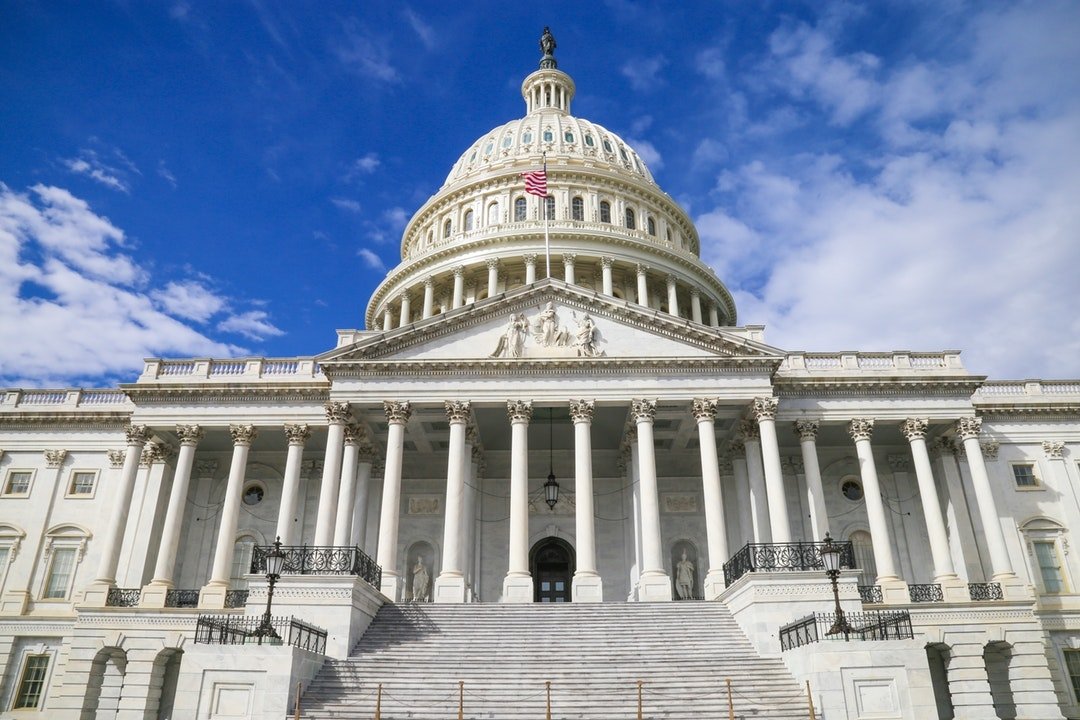
Sonos’ chief legal officer on Tuesday testified before a U.S. Senate antitrust subcommittee about the smart home market dominance of companies like Google, Amazon, and Apple.
The Senate Judiciary Subcommittee on Competition Policy, Antitrust, and Consumer, which is headed up by Sen. Amy Klobuchar, held a hearing on “Protecting Competition and Innovation in Home Technologies.” Sonos legal chief Eddie Lazarus was one of the key witnesses in Tuesday’s hearing.
Most of the commentary during the hearing focused on dominant market giants Amazon and Google, with representatives for those companies also testifying on Tuesday. However, Lazarus also criticized some of Apple’s walled-garden HomeKit policies. For example, although Apple is bringing Siri to third-party manufacturers, Lazarus took issue with the way Apple is rolling out support.
“Apple will only license Siri to companies that utilize the HomePod as a central hub to connect with Siri. Thus, Apple is conditioning interoperability with Siri on companies placing a competitive Apple product alongside their own,” Lazarus said.
Apple wasn’t alone as far as interoperability criticism. For example, Lazarus said that Google “demanded as a condition of Google Assistant in our products that we never allow concurrency with another general voice assistant.”
The Sonos chief legal officer also took aim at Matter, a new standard for smart home connectivity backed by Apple, Google, and other tech giants.
“One could imagine, furthermore, a Trojan Horse aspect to all this. Those who control the standard and its evolution effectively control the nature and pace of innovation, including the innovations dreamed up by their competitors. The standard Matter is working on, as I understand it, is basically a creature of Google and Apple code. That is hardly a formula for fair competition or more creative invention. It’s a formula for further entrenching the dominance of the very few,” Lazarus said.
As mentioned, most of the Sonos executive’s criticism was levied at Amazon and Google, which he said control about 85% of the smart speaker market in the U.S.
“This is terrible for innovative dynamics because it hamstrings those companies that have better products that cannot be sold at a loss and consumers lose. In addition to protecting the future profits of their dominant products and services, cross-subsidization ultimately will result in the same anticompetitive effects as “traditional” below-cost predatory pricing; prices are sure to go up once these dominant companies have driven the other companies out of the market and reduced competition,” Lazarus said.
The Sonos chief legal officer urged lawmakers to act to avoid a future in which every smart home is controlled by just a few juggernauts.
“These behemoths will exert overwhelming control over the direction of innovation and what new ideas make it to market, ultimately replicating a market structure that history tells us inhibits innovation and competition. Consumer choice will also wither,” Lazarus said
Sen. Klobuchar, the chair of the Subcommittee on Competition Policy, Antitrust, and Consumer Rights, signaled earlier in 2021 that she plans to investigate a variety of technology-related antitrust topics. Although Apple wasn’t represented at today’s hearing, it did testify at a previous Senate antitrust hearing in April that focused on mobile app stores.
Stay on top of all Apple news right from your HomePod. Say, “Hey, Siri, play AppleInsider,” and you’ll get the latest AppleInsider Podcast. Or ask your HomePod mini for “AppleInsider Daily” instead and you’ll hear a fast update direct from our news team. And, if you’re interested in Apple-centric home automation, say “Hey, Siri, play HomeKit Insider,” and you’ll be listening to our newest specialized podcast in moments.